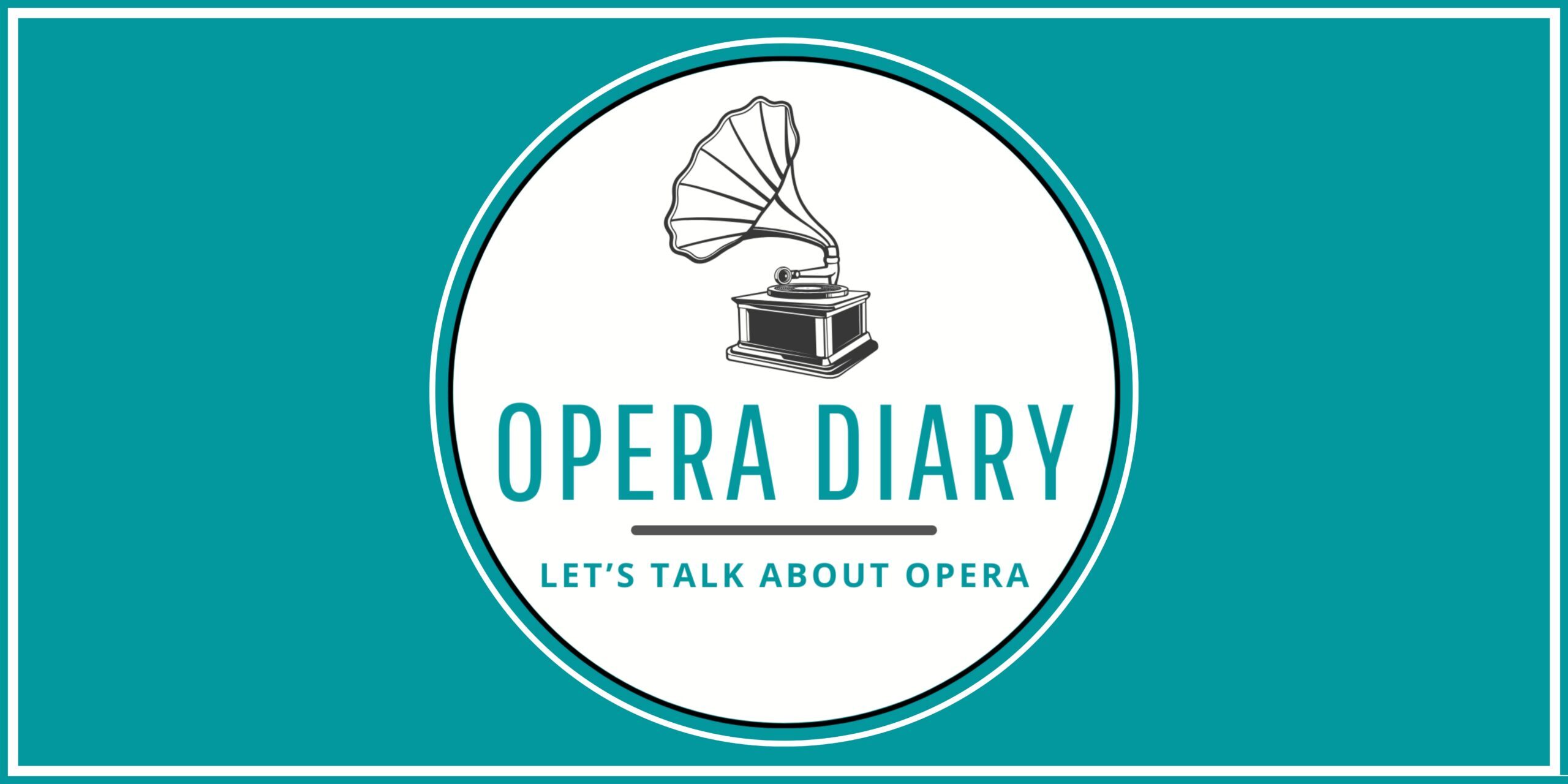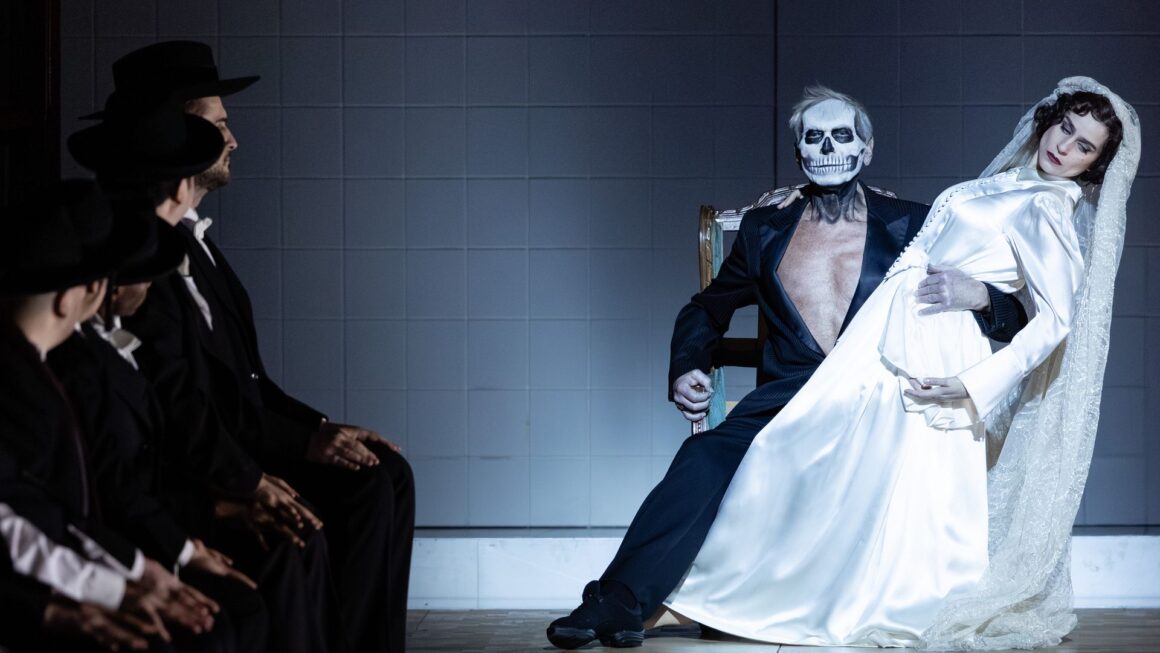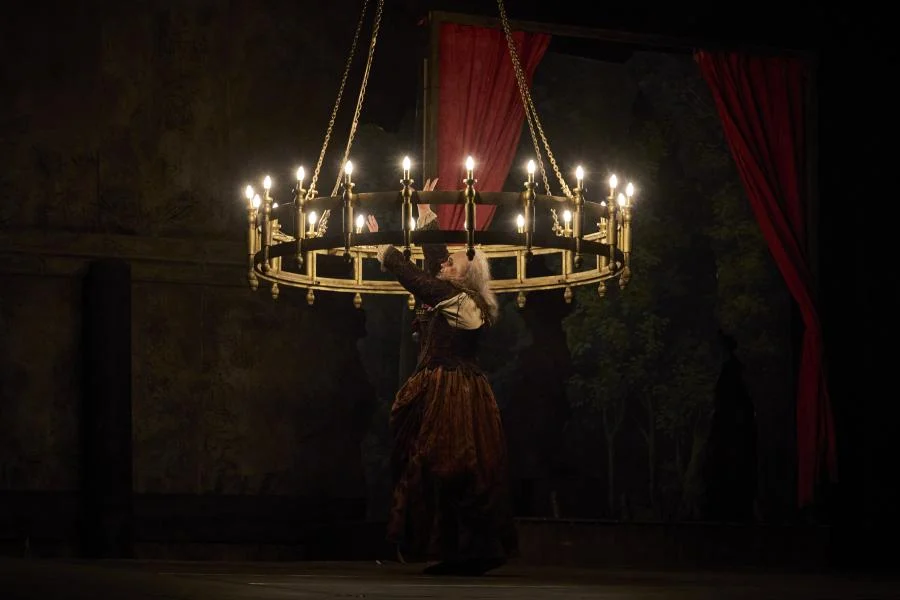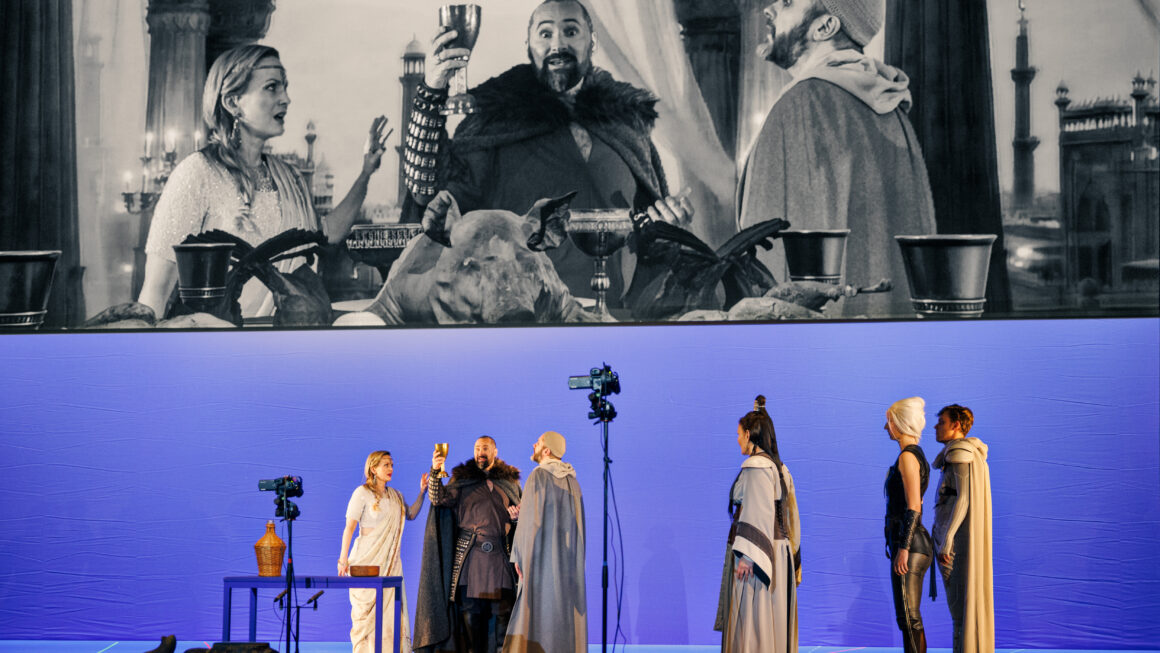When Christmas arrives (as it does at Easter), it’s hardly surprising to see Handel’s Messiah on the bill just about everywhere. But the difference with this Théâtre des Champs Elysées production is not only the radiantly talented and youthful cast, but also the version on offer. You might think you knew this 1741 work inside out, but you don’t: a dozen other versions exist, but one in particular, conceived in 1754 and performed for a charity evening at London’s Foundling Hospital, catches the eye for the number of voices it involves – 5 (!) in all. And it is precisely this version, little known to the public, that was given pride of place at the Théâtre des Champs Elysées on Wednesday 11th December.
Just these two elements – the rarity of the version and, for some, the discovery of the participation of 5 soloists (in addition to the choir) – were enough to arouse strong interest in the production. Unsurprisingly, no disappointment at the end of the evening, with the added joy of hearing the orchestra and choir (what a choir!) of the Concert Spirituel.
Let’s start at the beginning: the piece. The participation of 5 soloists helps to give the oratorio the allure of a true Baroque opera. Handel himself admitted that, because of the inequalities between the voices and performances of the singers he recruited to perform his works wherever he went, he demonstrated no scruples when the need arose to rework the score. Consequence: an unsuspected plasticity of the work, potentially exploitable as soon as we know the context… and the liberties taken by the composer himself to make it attractive to the eyes and ears of the public of his time. Hence a slight impression of strangeness at the start of the concert at the TCE: as one of the great Haendelian conductors that France is fortunate to have today, Hervé Niquet emphasises the eminently dramatic feature of the narrative (the life of Christ, according to the chronology of the liturgical year), even if it means imposing a swirling tempo at certain moments in the work in order to highlight the action translated into music and song. No matter if it comes as a surprise: Hervé Niquet knows he can count on an army of battle-hardened musicians with whom complicity is a long-standing affair, so that with a single imperceptible movement of the head they know what is expected.
With a reading that aims to be as detached from stereotypes as it is respectful of a piece with operatic dimensions, the performers and musicians have every interest in following the momentum: a successful gamble both for the orchestra/choir and the cast. Tim Mead (countertenor), Robin Tritschler (tenor) and Benjamin Appl (baritone) lent their elegant vocal attributes to the male part. They have a fine mastery of the work, and an ability, facilitated by the concertante version, to alternate casually between moments of retreat and contemplation and those of the most enthusiastic jubilation. The performances, on the other hand, are not equal, despite their recognised commitment; Tim Mead, perfectly at ease, is continually gorgeous in both his singing and his embodiment; Benjamin Appl’s interventions did not always deliver the profound low register required by the bass voice, despite the efforts made by this baritone. The emotion generated by Robin Trischler’s performances is justified not only by the accuracy of his singing and the sense of gravitas with which he imbues his live performances, but also by the humility and sincerity that emerge as he gives free rein to the expression of the different “voices” that come to life through his beautiful vocal instrument. A real bijou that we regret knowing so little about in France.
The female roles have been assigned to sopranos Lauranne Oliva and Emőke Baráth. The former, nominated in the “Revelation, lyric artist” category at the 2024 Victoires de la musique classique awards, has the required freshness and innocence to communicate to the audience all the belief that abounds in the passages that make up the oratorio. The second is an artist whose nuances are enhanced by her enviable experience of Handel’s repertoire (remember the concert she gave in 2022 at the TCE with Ensemble Artaserse, conducted by Philippe Jaroussky), and who is capable of rendering the lyricism of the score with infinite nobility. Disarmingly natural and charming, Emőke Baráth won over both the audience and our wish to see her on other occasions on the French stage.
Finally, and no less importantly, let’s salute the key role played by Les Grandes Voix in the successful staging of this great event. For several seasons now, their productions have been calling on the most renowned soloists, providing the space needed for an enticing variety of repertoires and actively contributing to the ongoing renewal of the brilliance and prestige of the French lyric scene.
In the troubled times we live in, hearing evocations of salvation and joy rekindles the feelings we wish to be inspired by at Christmas time. After such a beautiful evening, the voices and words reverberate in everyone, radiating the light and beauty of this superb concert.





